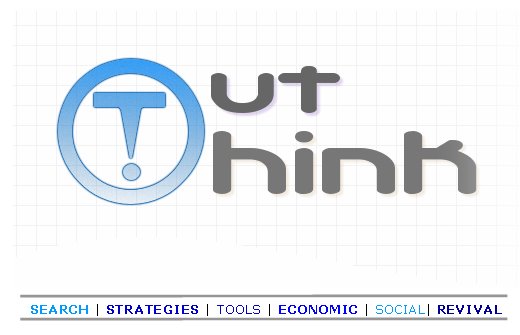We often hear talk of South Africa's informal sector [aka second economy], but I don't think that business people really understand the significance and challenges of this cog in our economy. In fact, I'm incredibly sure that, not only do we highly underestimate the significance and challenges, but also that we don't have a cooking clue what needs to be done to dramatically improve the situation.
Here's a Business Day article which gives a little bit of insight into this interesting phenomenon.
I recently had a chat with a highly respected audit partner from one of the "Big 4" auditing firms recently around this topic. What really stands out is the disparity between what this second economy represents, and the business mechanisms and legislation being put in place as South Africa "progresses".
Here is just the tip of the iceberg in this love-hate relationship:
Informal sector -
A veritable wishing well full of potential-laden young entrepreneurial mogul-wannabes. BOAT-LOADS of skill [some we would easily recognise, others not so much]. OODLES of enthusiasm. TONS of ingenuity.
And no tools to overcome their greatest needs.
What do [we believe] they need?
- A bit of guidance. [and we say "but we have many organisations providing mentors, etc..."]
- Some education. [and we say "all government ever talks about is education..."]
- A structured, practical means to develop their business [and we say "ummm..."]
Why is this?
Consider the current business environment in SA -
- Registering a business, along with all the prerequisites takes ages [and we know they need to do this to attract funding from any serious business-person, that funding being critical to help them grow into a serious business themselves]
- Our tax requirements are onerous, complex and absolutely mind-numbing [and we know they need to meet these requirements to be taken seriously and to avoid any nightmares down the growth path]
- Opening a bank account is a borderline I'm-off-to-crazy-land exercise [and we know many can't provide proof of residence and other similar documents which are required. we also know the Mzanzi account doesn't cut it as account balances can't exceed R15,000]
- After this its the accounting, auditing and other legal regulations that companies have to comply with [and we know that every existing business already struggles with these - so how is a newcomer supposed to cope]
What I had to ask myself was this: do you leave these young firestarters alone to dwindle along in the second economy for the rest of their lives, just trying to make ends meet?
or do you help launch them into the bubbling cauldron of business as we know it - the same cauldron where many experienced directors of companies are calling it a day due to the high personal risk involved in being in business?
Honestly, both options are appalling to me.
We need some, no - many, no - HEAPS more success stories like this. There must be a better way. Government? Lawyers, regulators, SARS? Can anyone help please?
.bmp)


No comments:
Post a Comment